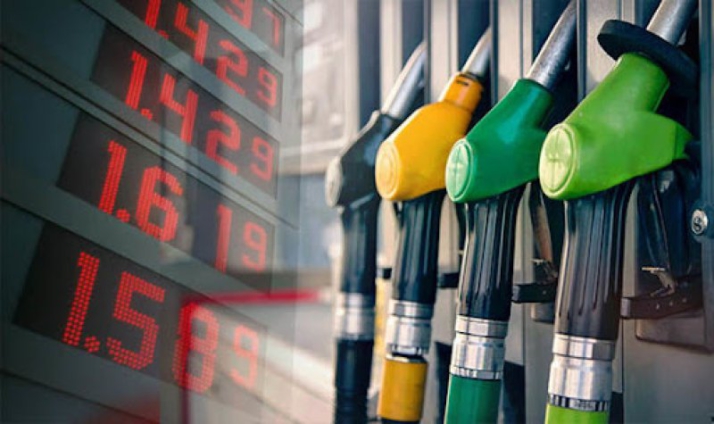Petrol and diesel prices could hit over ¢8 per litre before mid-2022 if the price of crude oil and the depreciation of the cedi to the dollar maintain their traction on the foreign and local market respectively, the Institute for Energy Security has revealed.
Crude oil is presently hovering around $89 per barrel, whilst the cedi is trading at ¢6.52 against the US dollar.
In a statement, the energy think tank said questioned the credibility of the Price Stabilization and Recovery Levy (PSRL), saying the tax has proven to be unrealistic strategy for bringing down domestic fuel prices
Government from the beginning of February 2022 reinstated the policy which is to cushion losses from petroleum revenue in times of drastic reduction in the price of crude oil on the oil market.
But the IES said three months after the suspension of the levy, domestic fuel prices have risen by more than 9%, to reflect rising international oil and fuel prices, and the fall in value of the local currency.
“The strategy deployed in November 2021 and when average prices of petrol and diesel hit ¢6.52 per litre, was in direct response to mounting pressure on government by Ghanaians, to halt the frequent upward fuel price adjustments.”
“Three months after the suspension of the levy, domestic fuel prices have risen by more than 9% to reflect rising international oil and fuel prices, and fall in value of the local currency. Referenced to today’s Petrol price of ¢7.45 per litre as offered by Total Petroleum and Shell (Vivo), the commodity’s price has moved up by roughly 14%since the PSRL was suspended in November 2021”, he added.
Furthermore, the IES said “but for some political interventions in mid-December 2021, the price of Petrol and Diesel would have crossed the ¢7 per litre mark before the end of year 2021. That desperate move resulted in Ghana Oil Company (GOIL) threatening to pull out of the Association of Oil Marketing (AOMC), after the latter allegedly accused the former of bowing to government’s pressure to reduce its prices, in contravention with of the petroleum downstream deregulated regime’s practices.”
It called for a more sustainable and pragmatic response to the exposures from international oil prices and the foreign exchange market; one that goes beyond the PSRL, since it has become increasingly apparent that Petrol and Diesel prices will likely finish the first-half of the year at record highs.
It concluded saying “whereas the PSRL has proven unsustainable in its present form and substance as validated by IES’ study, the National Petroleum Authority’s incompetent application of same to the realities of the Ghanaian fuel market is a worse cause for worry”
Latest Stories
-
Expansion Drive: Takoradi Technical University increases faculties
3 hours -
SHS heads demand payment of outstanding funds before reopening of schools
3 hours -
We thank God for the 2024 general elections – Akufo-Addo
3 hours -
Coconut Grove Beach Resort marks 30 years of excellence with memorable 9 lessons & carols service
4 hours -
WAFU B U-17 Girls’ Cup: Black Maidens beat Nigeria on penalties to win inaugral tournament
4 hours -
Real Madrid beat Sevilla to keep pressure on leaders Atletico
5 hours -
Liverpool put six past Spurs to go four points clear
5 hours -
Manchester United lose 3-0 at home to Bournemouth yet again
6 hours -
CHAN 2024Q: ‘It’s still an open game’ – Didi on Ghana’s draw with Nigeria
6 hours -
CHAN 2024Q: Ghana’s Black Galaxies held by Nigeria in first-leg tie
7 hours -
Dr Nduom hopeful defunct GN bank will be restored under Mahama administration
7 hours -
Bridget Bonnie celebrates NDC Victory, champions hope for women and youth
7 hours -
Shamima Muslim urges youth to lead Ghana’s renewal at 18Plus4NDC anniversary
8 hours -
Akufo-Addo condemns post-election violence, blames NDC
8 hours -
DAMC, Free Food Company, to distribute 10,000 packs of food to street kids
10 hours

